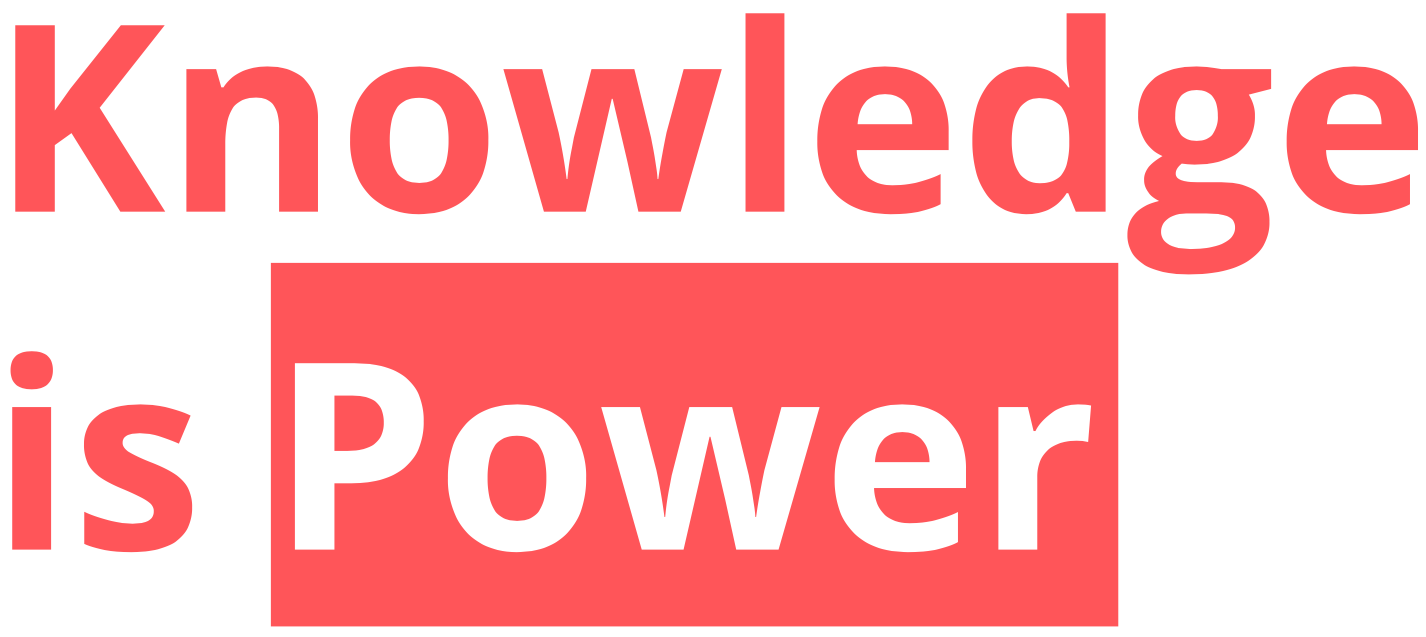Creating change and taking action in, with and for your community
Introduction
What change or action in, with, or for your community looks like will be different depending on your circumstances. However, on this page we offer guidance and some tools that could be helpful in driving positive developments forward. Hopefully during the research phases of your project you will have developed some new connections and relationships with other organisations and agencies in your community. These are likely to be important at this stage!
Section Content
Influencing others
Whilst the message is vital, the messenger matters too. You might be called on to present your findings in front of an audience. That’s where getting your message across is important.
Co-production
Working together with others is the basis of good community development. Whilst often happening as part and parcel of your work you may want to consider a ‘co-productive’ approach. Co-production is a process where those delivering a service to the community work together as equal partners to improve the lives of those in that community.
Using existing processes and systems
Thanks (in part) to the Community Empowerment Act there are existing pathways to advance the interests of your community. These include ‘Participation Requests’ which allows communities to influence how services delivered by public services are delivered. You might be interested in acquiring land or buildings – here ‘asset transfers’ could be important and there is a process for making this happen.
Using evidence and evaluating the difference you have made
It is important that you are able to use the research you have undertaken to achieve positive changes in your community. These sections of the toolkit help you to look at the evidence you’re gathering and how to use it It is likely that you will want to know whether what you have done has had the impact you hoped for. The evaluating research section. will take you through some key thinking points around this.

